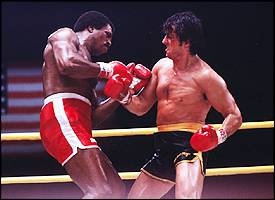 I do not think it is a coincidence that I am reading Brian McClaren's "A Generous Orthodoxy" at just the same time I have been thinking about epistemology. It must be the Holy Spirit at work!
I do not think it is a coincidence that I am reading Brian McClaren's "A Generous Orthodoxy" at just the same time I have been thinking about epistemology. It must be the Holy Spirit at work!The first chapter of this book is called "The Seven Jesuses I Have Known," and it is all about McClaren's personal epistemological journey with Jesus. I am not through with the book yet; I intend to finish it this week while we are on VACATION! (Smoky Mountains, here we come.)
When we get home, I'm sure I'll have everything figured out, and all the controversies mended. In the meantime, I'll be blog free for a week. (I refuse to use the expression "a blogging hiatus," so I won't.) See ya in a week!



